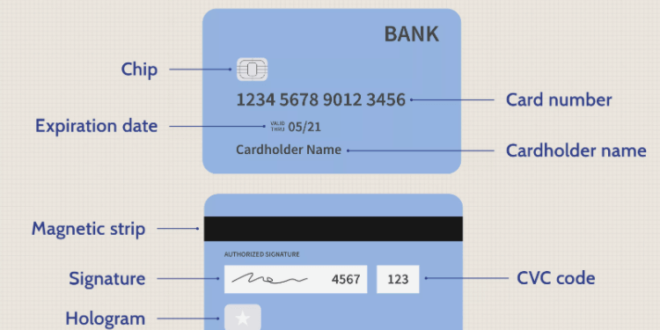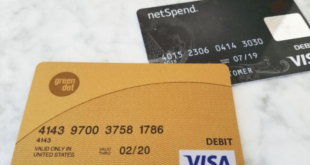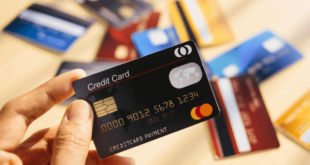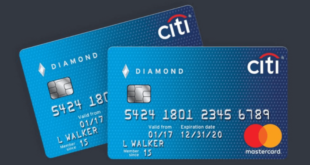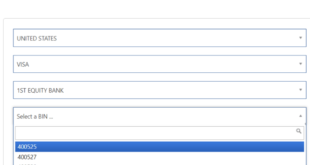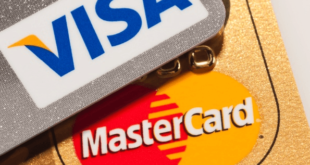What is a credit card, how do you acquire one, and where can you get one online or at a bank near you? Everything you need to know about credit cards may be found right here.
What is a credit card?
A credit card is a thin, rectangular piece of plastic or metal provided by a bank or financial services business that enables cardholders to borrow money and use it to pay for products and services at merchants who accept credit cards. Credit cards require cardholders to repay the amount borrowed, plus any relevant interest or deductions, as well as any agreed-upon additional costs, in whole or over time by the billing date.
In addition to the standard credit limit, the credit card issuer may also grant a separate Cash Credit Line (LOC) to cardholders, enabling them to borrow money in the form of cash advances accessible through bank tellers, ATMs, or credit card-friendly checks. Such cash advances usually have different terms, such as no grace period and higher interest rates, compared to those transactions up to the main credit line.
Issuers usually set borrowing limits in advance, based on an individual’s credit rating. The vast majority of companies allow the customer to make purchases using credit cards, which is still one of the most popular payment methods today for the purchase of consumer goods and services.
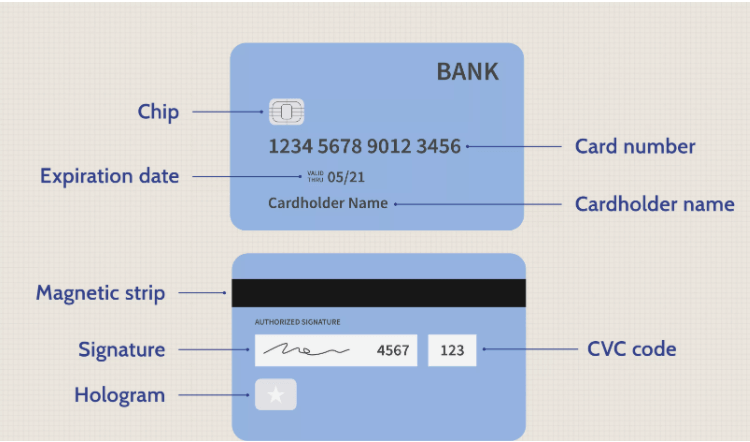
Understand how credit cards work
Credit cards typically charge a higher annual percentage rate than other forms of consumer loans. Any unpaid balances charged to the card will typically be charged interest approximately one month after the purchase is made (except where an introductory 0% APR offer is valid for an initial period after account opening) unless the previous payment was not Paid Balances carried over from the previous month – in which case a grace period for the new fee is not granted.
By law, credit card issuers such as Visa and MasterCard must offer a grace period of at least 21 days before interest on purchases begins to accrue. This is why paying off balances before the grace period expires is a good practice when possible.
It’s also crucial to know whether your issuer charges interest daily or monthly, as the former results in larger interest rates if the balance isn’t paid. If you want to transfer your credit card balance to a card with a reduced interest rate, this is extremely crucial to know. If you switch from a monthly accrual card to a daily accrual card incorrectly, you could lose the savings from the lower rate.
Types of credit cards
Most major credit cards — which include Visa, Mastercard, Discover, and American Express — are issued by banks, credit unions, or other financial institutions. Many credit cards attract customers by offering incentives such as airline miles, hotel room rentals, gift certificates to major retailers, and cashback on purchases. These types of credit cards are generally referred to as rewards credit cards.
To garner customer loyalty, many local merchants issue branded copies of credit cards, with the store’s name written on the face of the cards. Although it is easier for consumers to qualify for a store credit card rather than a major credit card, store cards may only be used to make purchases from exporting retailers, which may offer cardholders perks such as special discounts, promotional notices, or sales special. Some major retailers also offer Visa or MasterCard co-branded major credit cards that can be used anywhere, not just at retail stores.
Secured credit cards are a type of credit card in which the cardholder secures the card with a security deposit. These cards offer limited lines of credit equal to the value of security deposits, which are often refunded after cardholders have demonstrated frequent and responsible use of the card over time. These cards are frequently sought after by individuals with limited or poor credit history.
Similar to a secured credit card, a prepaid debit card is a type of secured payment card, in which the available money matches the money that someone has already put into a linked bank account. By contrast, unsecured credit cards do not require deposits or guarantees. These cards tend to offer higher lines of credit and lower interest rates versus secured cards.
Credit history with credit cards
Regular, unsecured cards and secured cards, when used responsibly, can help consumers build a positive credit history while providing a way to make online purchases and eliminating the need to carry cash. Since both types of credit cards report payments and purchasing activity to major credit agencies, cardholders who use their card responsibly can build strong credit scores and potentially expand their credit limits and — in the case of secured cards — potentially upgrade to a regular credit card.
How do you get a credit card?
You can create a credit card on the Internet, as there are many sites and financial services that enable you to obtain a credit card on the Internet, and this is after you create an account with an online bank.
For example, you can get a Visa credit card through Paysera Mo Bank, which gives them authority to anyone from any country to create a bank account.
And the best way is to create a credit card in one of the local banks in your country, and this is better if you do not trust the banks on the Internet. And if there is any problem with the credit card, you can simply go to the bank and inquire and solve your problems.
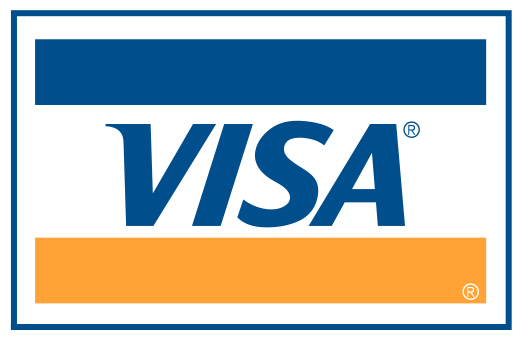 freevirtualvisacard Get free virtual & fake visa card
freevirtualvisacard Get free virtual & fake visa card
